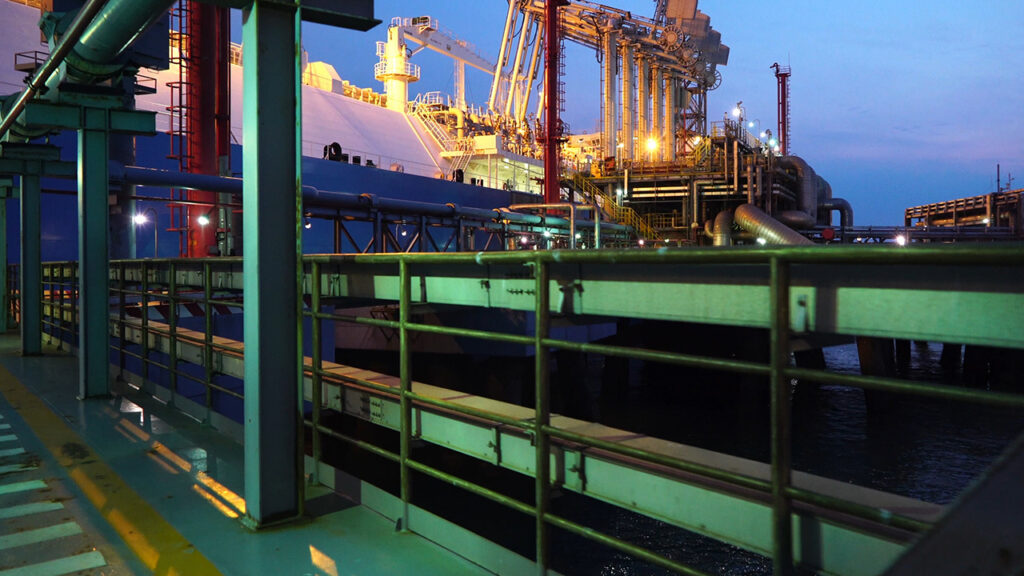European Commission Consults on the Future of the Block Exemption Regulation for Liner Shipping Consortia
The Block Exemption Regulation for Liner Shipping Consortia (Regulation)1 exempts certain co-operation agreements in the liner shipping sector from the prohibition on anti-competitive agreements contained at Article 101 of the Treaty on the Functioning of the European Union (TFEU), provided that certain conditions set out in the Regulation are applicable. The Regulation is set to expire on 25 April 2020.
The European Commission is currently consulting on whether the Regulation should be prolonged beyond this date and, if so, whether its current text should be amended. Interested stakeholders can submit their views by 20 December 2018, by responding to the questionnaire available at European Commission.
The current version of the Regulation, adopted in September 2009, gives a degree of legal certainty to liner shipping companies that their co-operation agreements do not infringe EU competition law.
EU competition law contains a broad prohibition – at Article 101(1) TFEU – on agreements between companies that have the object or effect of the prevention, restriction or distortion of competition. However, this prohibition does not apply in the case of agreements between companies that meet all of the following criteria:
- Contribute to improving the production or distribution of goods or services or to promoting technical or economic progress.
- Allow consumers a fair share of the resulting benefit.
- Do not impose on the companies concerned restrictions which are not indispensable to the attainment of these objectives.
- Do not afford the companies concerned the possibility of eliminating competition in respect of a substantial part of the goods or services in question.
The Regulation provides that certain co-operation agreements between liner shipping companies to carry out specified activities will be deemed to have met all of these exemption criteria, provided that certain conditions apply.
Relevant types of co-operation agreements between liner shipping companies that benefit from the Regulation include:
- The joint operation of liner shipping services, including the coordination of timetables and ports of call, slot exchanges, pooling of vessels and certain infrastructure, and the use of joint operations offices.
- The ability to make capacity adjustments in response to fluctuations in supply and demand.
- Joint operation or use of port terminals and related services such as stevedoring services.
However, the Regulation does not exempt co-operation agreements covering the following types of activities, which will infringe EU competition law:
- Price fixing.
- Limitation of capacity and sales (other than adjustments made in response to fluctuations in supply and demand.
- Allocation of customers and markets.
The conditions that must apply for the parties to a co-operation agreement to benefit from the Regulation are, broadly that:
- The parties to the co-operation agreement have a combined market share of not more than 30% on any market on which they operate.
- Any party to the co-operation agreement is permitted to unconditionally exit the agreement on 6 months’ notice.
However, if these conditions do not apply to a relevant co-operation agreement, this does not mean that the agreement will automatically contravene EU competition law.
As the Regulation is stated to apply to companies operating set routes on the basis of a regular timetable, it is of primary importance to the container shipping industry. Since the application of the Regulation was last extended in 2014, there has been significant consolidation in this sector. This consolidation may be viewed as reducing the relevance of the Regulation, as there is now a greater likelihood that the market share threshold will be exceeded by the parties to agreements. In addition, since the Regulation was last extended, the Commission has removed another sector-specific block exemption regulation, concerning insurance, following a public consultation. There are those who argue that consortia have only been tolerated as a transition to a competitive market and that companies are still losing money and ordering excess capacity.
It is therefore possible that the Commission will decide not to extend the application of the Regulation beyond 25 April 2020. In this case, parties to liner shipping co-operation agreements would lose the legal certainty provided by the Regulation, and would have to self-assess their co-operation agreements’ compliance with EU competition law. This could be onerous as the number of consortia beyond the three major alliances is high. Pro-competitive co-operation could be deterred and compliance costs would be increased. It can be argued that the Regulation creates efficiencies because it is clear and creates a level playing field with the EU’s competing trading blocks. If the Regulation were not renewed, the influence of the EU could arguably be reduced.
The Commission’s public consultation is available for comment at European Commission, and will end on 20 December 2018. The consultation asks a number of targeted questions regarding the current operation of the exemption, including:
- Its effectiveness in providing legal certainty.
- Its effectiveness in promoting competition.
- Its relevance given the current market conditions.
- Likely effects were the Regulation to expire.
For assistance with responding to the European Commission’s consultation or for more information, please do not hesitate to contact the authors of this briefing:
Footnotes
- Commission Regulation (EC) No 906/2009 of 28 September 2009 on the application of Article 81(3) of the Treaty to certain categories of agreements, decisions and concerted practices between liner shipping companies (consortia).









